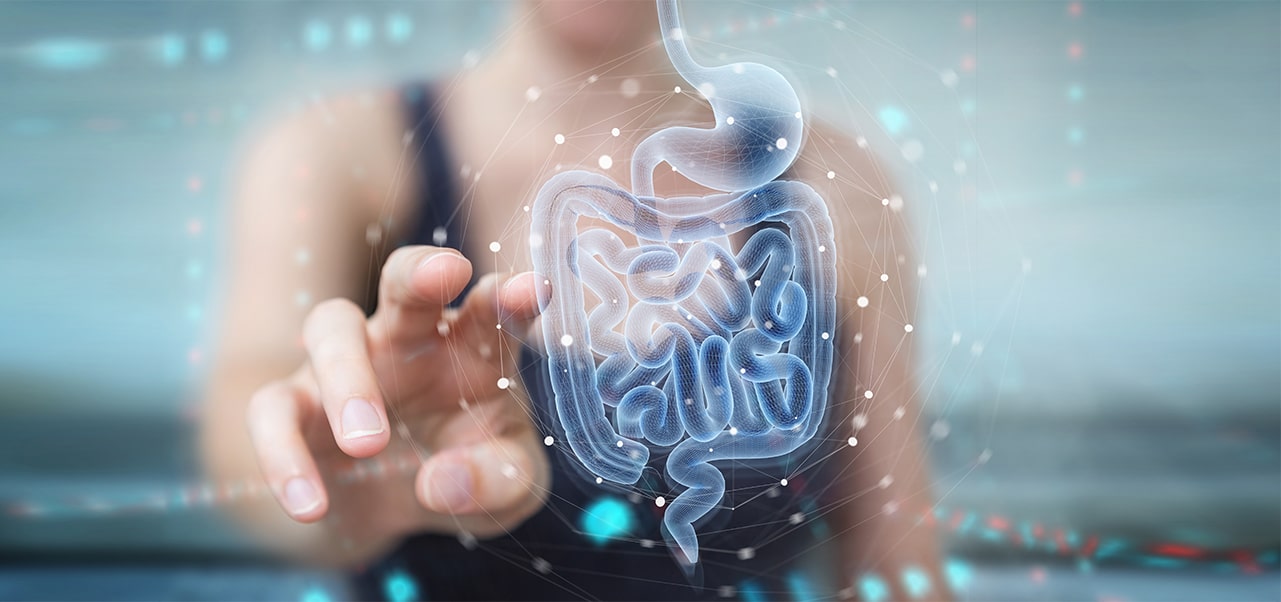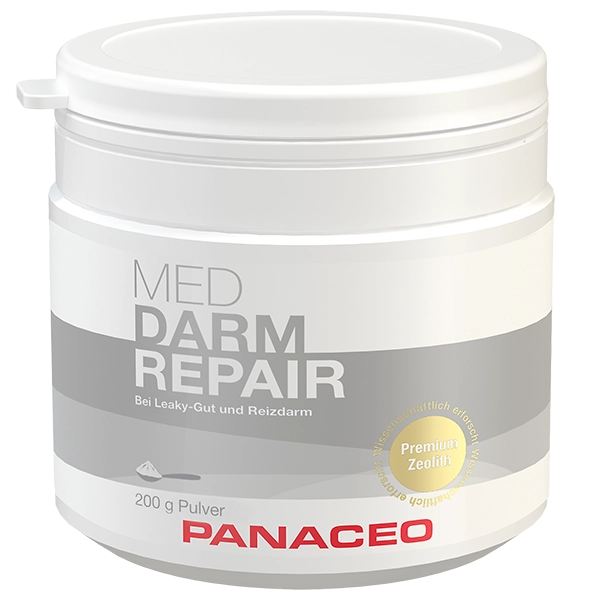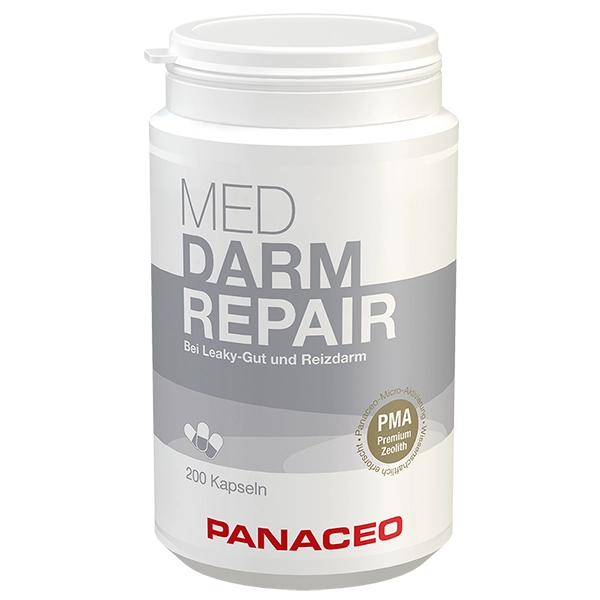
Prof. DDr. med. Dr. habil. Claus Muss, Ph.D. is a leading expert in nutritional medicine, preventive medicine, and immunology, as well as co-author of several medical textbooks and numerous scientific journals.
What is Irritable Bowel Syndrome (IBS)?
One in five Austrians suffers from digestive problems, known as Irritable Bowel Syndrome (IBS). Common symptoms include abdominal pain, bloating, diarrhea, and/or constipation, which may occur intermittently or chronically, without any detectable organic cause. Many patients also experience headaches, back pain, or sleep disturbances. Symptoms often worsen in stressful situations, such as exams, professional challenges, or family-related problems.
What Are the Most Common Causes and Risk Factors?
Several factors are discussed as potential causes of IBS. Most commonly, there is a connection with stress and stressful life events. The close relationship between the gut and the nervous system is known as the gut-brain axis. Processes in the gut can influence mental capacity, while psychological stress can directly affect bowel movement and sensitivity.
Immunological processes also play a role in IBS and can be identified with simple diagnostic tests. Often, a disruption of the gut microbiome is found, meaning the natural balance of intestinal bacteria is disturbed, which may irritate the intestinal wall. IBS is also frequently associated with poor nutrition or food intolerances, where specific antibodies can be detected in the blood. Long-term use of certain medications (e.g. antibiotics, corticosteroids) can also trigger IBS.
Which Therapies Are Effective in Your Practice?
The Three-Pillar Therapy Approach:
Exclusion of Food Intolerances & Nutritional Adjustment
First, food intolerances should be identified and addressed, followed by an individualized dietary adjustment. The guiding principle for IBS is: “Eat what feels good.” A temporary light diet can be helpful, including tea, broth, oat porridge, crispbread (spelt or gluten-free), and corn or rice cakes. Over time, a broader variety of foods should be reintroduced.
Lifestyle Modification & Relaxation
Stress reduction involves lifestyle changes and relaxation techniques such as yoga, qigong, autogenic training, progressive muscle relaxation, or gut-directed hypnotherapy. The best results come when patients choose the method that personally suits them, learning how to let go in order to truly relax.
Pharmacological and Complementary Therapy
In many cases, the gut microbiota should be optimized, ideally after diagnostic testing of the microbiome. To ensure probiotics have long-term effects, additional anti-inflammatory and detoxifying measures are necessary.
A common basis is the use of PMA-Zeolite (e.g. PANACEO MED-DARM REPAIR), which improves the environment of intestinal bacteria and supports the restoration of a healthy gut microbiome. Scientific studies show that PMA-Zeolite can significantly reduce typical IBS symptoms and intestinal inflammation. Patients also demonstrated a stable intestinal barrier, positively influencing the microbiome.




